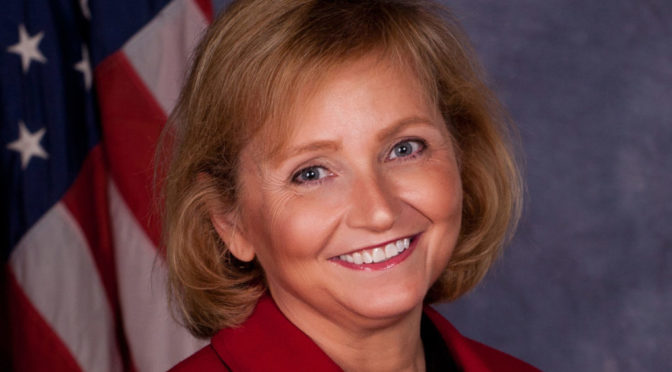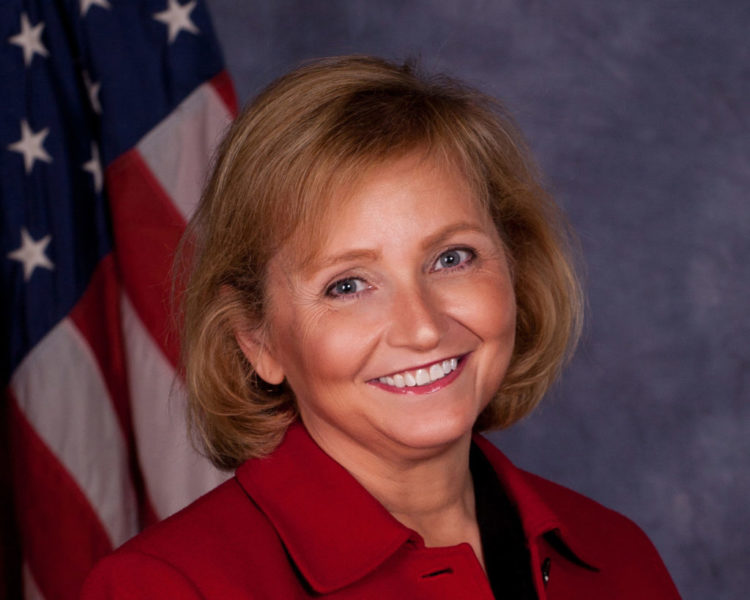Proof of Concepts Applications Open through the End of the Month
TOPEKA – Lieutenant Governor and Secretary of Commerce David Toland today announced that the Kansas Innovation & Technology Enterprises (KITE) Proof of Concept (POC) applications for the third quarter of fiscal year 2022 are being accepted through Thursday, March 31. The POC program helps cultivate and support innovation in Kansas by supporting companies with advanced, innovative technology.
The program is designed to fill a need for support where typical funding mechanisms are not available, acting as a bridge to commercialization and funding by angel or venture investors. The program aims to assist in:
- the establishment of promising new technology-based entrepreneurial ventures within the State; and
- the commercialization of inventions resulting from research conducted at Kansas public universities.
“Promoting innovation and entrepreneurship is one of the key initiatives in our Framework for Growth,” Lieutenant Governor and Commerce Secretary David Toland said. “Driving innovation in our economy is a critical component to attracting businesses and people to Kansas. I’m pleased we are able to offer this funding to help Kansas entrepreneurs develop new technologies and reach their goals.”
The POC funding is designed to help develop a project/product to the point where the entity can raise significant amounts of external capital. Typically, these awards will be used for commercial assessment and/or technology validation, such as advanced testing or prototype development.
Applications for POC funding are accepted throughout the year. The POC review committee meets on a quarterly basis to review proposals and make recommendations for funding in two categories: For-profit Entity and Faculty Led. Award amounts can be between $5,000 – $25,000 per application. Award notifications for the application period ending March 31 will be made in late April.
POC applications can be found here. For additional information, please contact Wade Wiebe at [email protected].
About the Kansas Department of Commerce
As the state’s lead economic development agency, the Kansas Department of Commerce strives to empower individuals, businesses and communities to achieve prosperity in Kansas. Commerce accomplishes its mission by developing relationships with corporations, site location consultants and stakeholders in Kansas, the nation and world. Our strong partnerships allow us to help create an environment for existing Kansas businesses to grow and foster an innovative, competitive landscape for new businesses. Through Commerce’s project successes, Kansas in 2021 was awarded Site Selection Magazine’s Governor’s Cup award, Area Development Magazine’s Gold Shovel award and was named Site Selection Magazine’s Best Business Climate in the West North Central region of the United States. Find the Department’s strategic plan for economic growth here: Kansas Framework for Growth.


